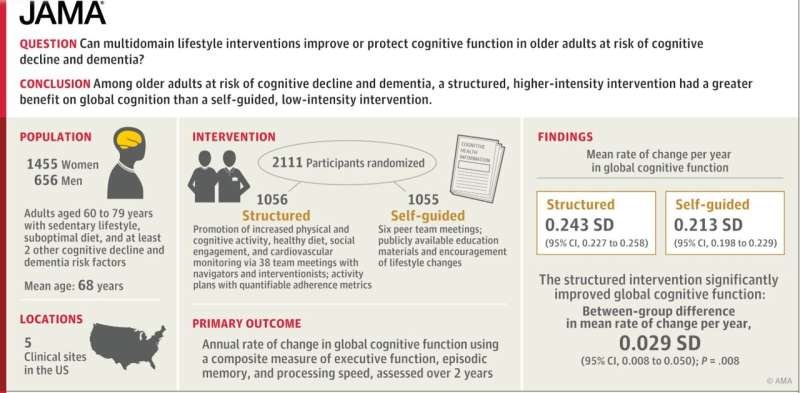This is being shaped by rising medical inflation (14%), increased chronic disease risk, a digitally empowered workforce and a growing demand for inclusive and preventive care models. In a post-pandemic world, where hybrid work models have become the norm, organisations are rethinking wellness, placing equal weight on physical and mental health, and moving from episodic to always-on care models, says the ‘Workplace Health Reimagined: Corporate India’s Readiness for Digital Health Leadership’ report by MediBuddy, India’s largest digital healthcare company, in collaboration with CII.
The second edition of the report highlights how employee wellness is evolving from a peripheral initiative to a strategic lever for workforce productivity, talent retention and business continuity.
Technology is at the heart of this transformation. AI-driven insights, data-enabled personalisation and mobile-first platforms are enabling more impactful care delivery.
The report reveals that over 70% of employees are carrying at least one lifestyle-related health risk, yet only 20% of employers provide routine health screenings. This scenario calls for a shift from episodic, event-based health programmes to always-on, digital-first ecosystems that drive workforce productivity, talent retention and business continuity, all fostering business growth in today’s evolving times of shifting workforce priorities.

Live Events
Non-communicable diseases now account for 63% of all deaths in India, with heart disease, diabetes and stroke impacting the workforce at median ages of 32, 34 and 36, respectively.“India’s journey towards becoming a Viksit Bharat by 2047 cannot rest on economic metrics alone. It must be built on the health, productivity, and well-being of its people,” said Satish Kannan, cofounder and CEO, MediBuddy. “As we stand at this inflection point, employee wellness can no longer be treated as an optional benefit but must be considered a strategic imperative.”Only 41% of Indian households have any form of health insurance, leaving over 500 million–belonging largely to India’s 400 million “missing middle” population, particularly comprising gig, daily wage and informal workers–vulnerable to catastrophic health expenses.
OPD insurance penetration in India remains below 0.1%, a significant gap compared with over 85% in the US and 95% in Singapore, leaving most outpatient expenses uncovered, despite this accounting for nearly 70% of out-of-pocket healthcare spending.
Less than 20% of corporate health programmes cover essential diagnostics, despite their role in 60-70% of clinical decisions. The report also finds that only 1.9% of eligible Indian women undergo cervical cancer screening and just 36% of corporates provide targeted wellness benefits for women, with even fewer extending support for eldercare and mental health.







